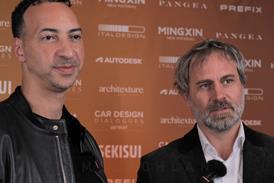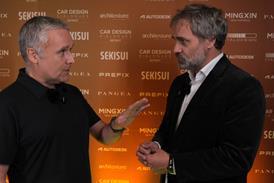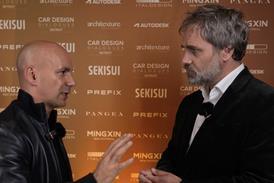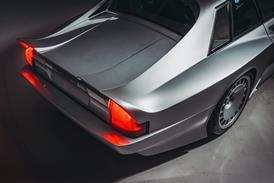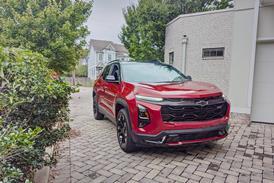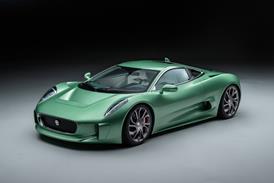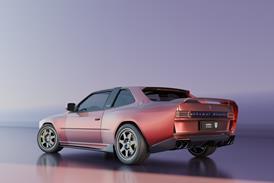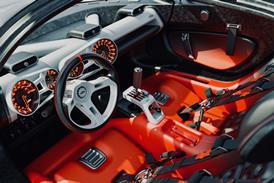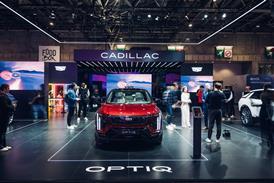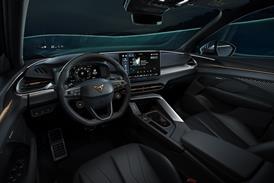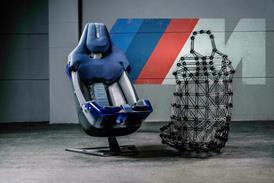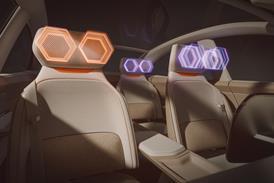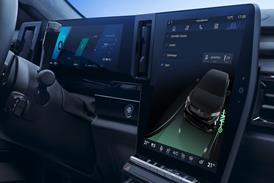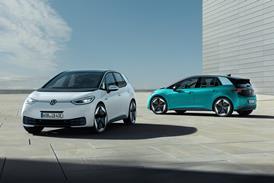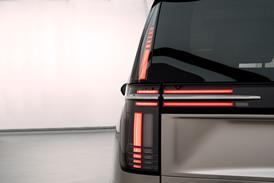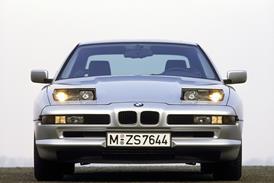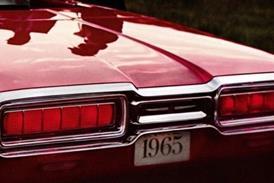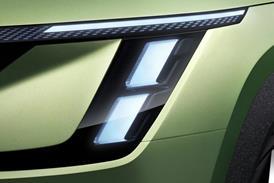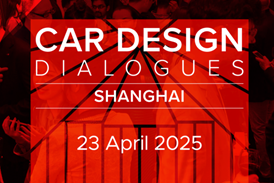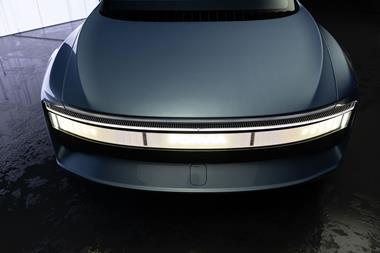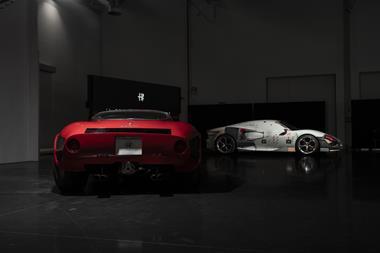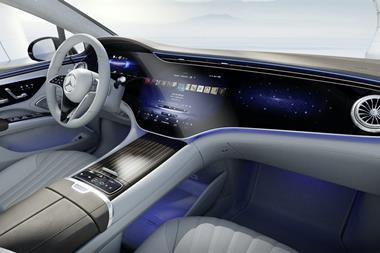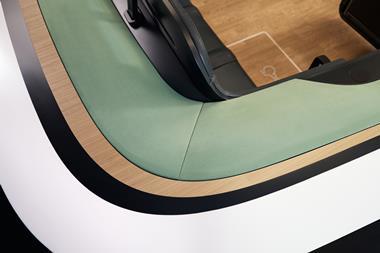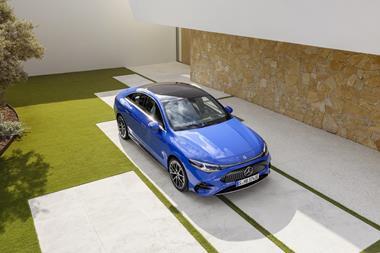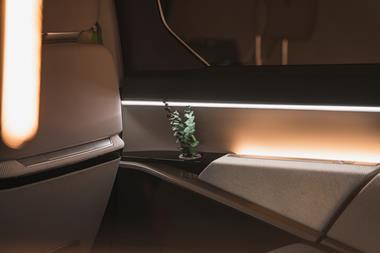“No other transparent, conductive material can currently be 3D-formed and moulded with 200 percent stretch and a one mm radius,” says Canatu CEO Juha Kokkonen. “This mouldability protects the functions, features and surfaces from dust and dirt in use, as well as avoiding contamination during production.”
Functional yet decorative, Canatu’s Carbon NanoBud® materials can be applied to plastic, glass, leather or other textiles, allowing an interior to be tailored. Seamless elements can be created to flow from door panel to information panel, across centre consoles, or sweep the full width of the cockpit.

They are further suitable for applications such as fully-integrated curved displays within back seats, or for roof panels with smart switches. “Canatu enables design freedom for any shape and any surface,” says Kokkonen.
“We also enable a more intuitive user experience with tactile 3D-formed control surfaces, which are still of high visual quality and appearance,” Kokkonen adds.
Robust moulded finger guides mean touch controls are easily found and accessed in situ, reducing the risks of driver distraction versus those of looking to find icons on a touchscreen – and meeting with regulations which require that a driver’s glance must not exceed two seconds.

One formed touch area can house multiple functions and multipurpose controls, depending on a vehicle’s driven or autonomous modes: this adapts the menus of information needed at any given time, as well as the options available – movie selection only in autonomous mode, for example.
These software-controlled functions can even be modified or upgraded ‘over-the-air’ after a vehicle’s initial purchase.
As autonomous driving brings a desire for more homely and refined aesthetic elements, such a level of integration saves also space, weight (by up to 50 percent, for some items), and affords designers a higher degree of minimalism by ‘hiding’ controls and information when they are not needed.

Canatu’s reflection-free screen materials mean that screens remain fully black and unobtrusive until activated, yet are easy to find when required, and similarly, a pure white lighting solution is possible.
The interior can be de-cluttered of buttons or switches, and component count can also be cut by 80-90 percent by replacing mechanical elements with transparent films and sensors.

“In the future of automated driving and electric vehicles, cars are becoming more like connected living rooms and convenient, but at the same time safe to drive – manufacturers must differentiate through innovation, quality, and versatile interior designs,” Juha Kokkonen concludes.
“Canatu solutions enable such personalisation and creativity, and combine an intuitive user experience with sleek design and savings in space, weight, and total cost.”
Canatu

Established: 2004
HQ: Helsinki, Finland
Sales locations: EU, USA, Japan, Korea, China
Contact: sales@canatu.com

